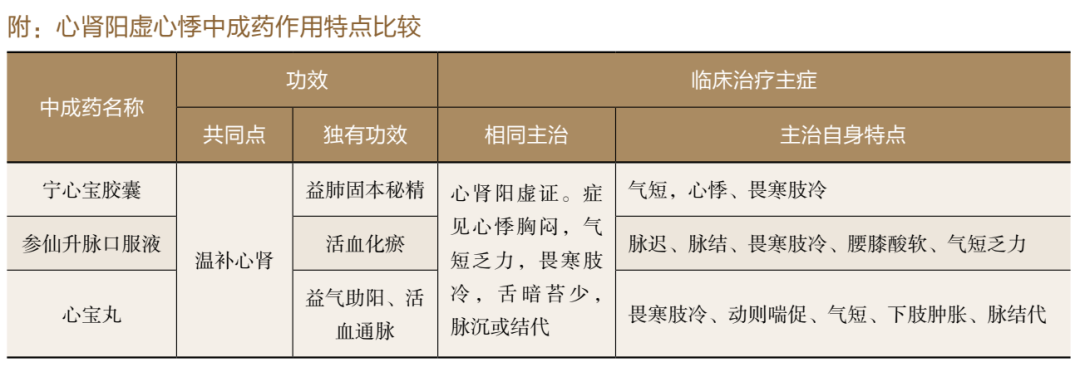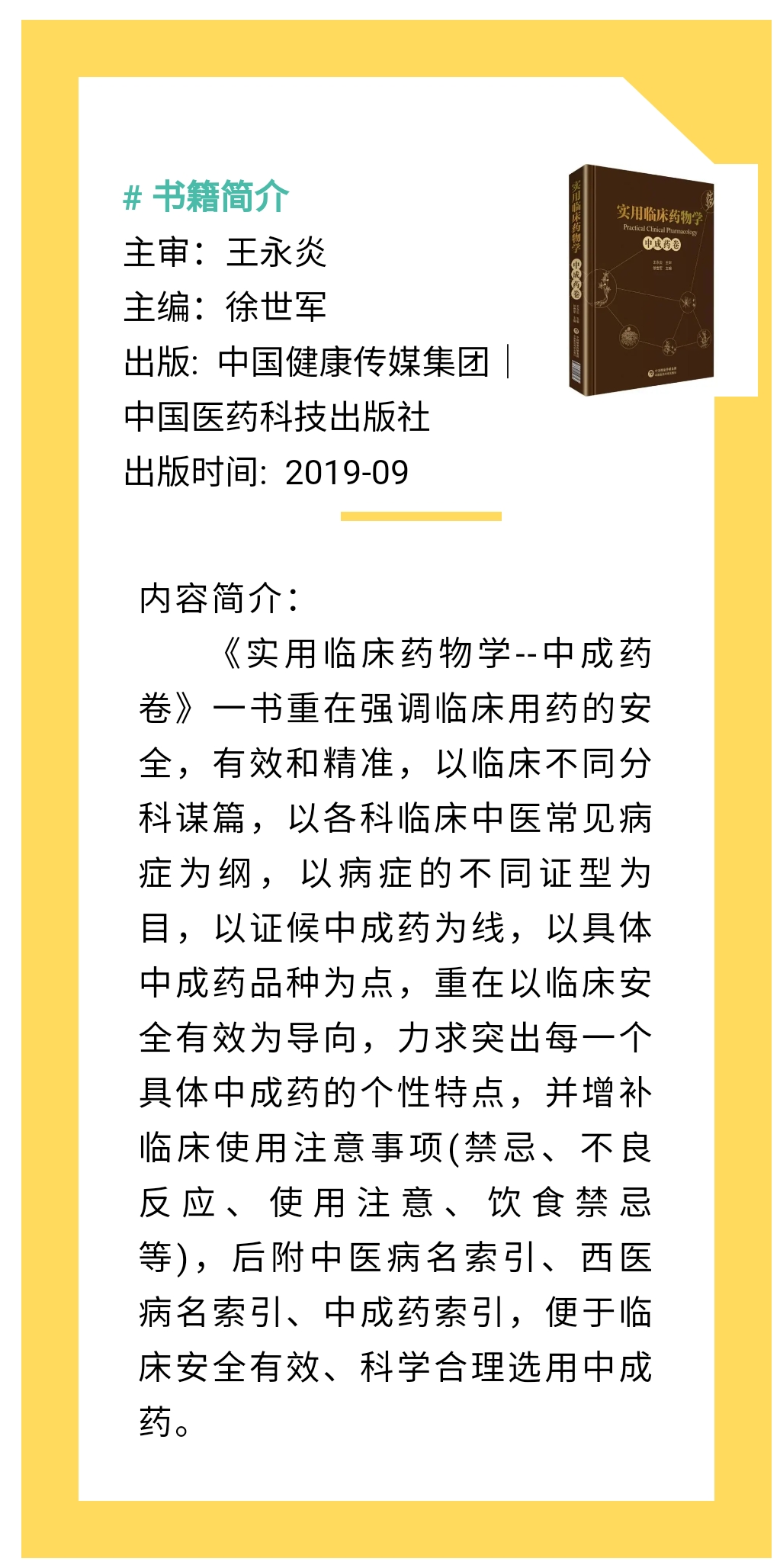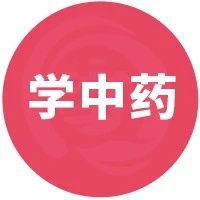Today we will look at Traditional Chinese Medicine (TCM) formulations for treating heart and kidney yang deficiency leading to palpitations (arrhythmia).
01
Ningxinbao Capsules
[Ingredients] Dried powder of mycelium obtained from the liquid deep fermentation of Cordyceps sinensis, a fungus of the family Clavicipitaceae.
[Functions and Indications] Tonifies the kidney and benefits the lung, stabilizes the foundation and preserves essence. It is indicated for heart and kidney yang deficiency and insufficient essence and blood. Symptoms include palpitations, shortness of breath, fatigue, spontaneous sweating, red tongue, and weak pulse.
[Modern Pharmacology] It has the effect of increasing sinus heart rate and improving sinoatrial and atrioventricular conduction functions.
[Clinical Applications] Arrhythmia, atrioventricular block, and bradyarrhythmia. Clinically characterized by palpitations and shortness of breath.
[Medication Characteristics] This formulation tonifies the kidney and benefits the lung, nourishes the heart and replenishes blood. It is sweet and warm, specifically designed to replenish deficiencies and benefit essence and qi, featuring the characteristic of simultaneous tonification of yin and yang. It is suitable for palpitations due to heart and kidney yang deficiency and insufficient essence and blood.
[Dosage] Oral administration. 1 capsule per dose, 3 times a day, or as directed by a physician.
[Precautions] Use with caution in infants and young children. For those with heart and kidney yang deficiency accompanied by qi stagnation, blood stasis, or phlegm turbidity, it should be combined with other medications. Maintain a cheerful mood, stable emotions, and moderate work and rest. Avoid stimulating foods such as tobacco, alcohol, and tea.
[Specifications and Storage] 0.25g per capsule. Sealed.
02
Shenxian Shengmai Oral Liquid
[Ingredients] Red ginseng, Epimedium, Psoralea (salt-fried), Goji berries, Ephedra, Asarum, Salvia miltiorrhiza, Leech.
[Functions and Indications] Warms and tonifies the heart and kidney, invigorates blood and resolves stasis. It is indicated for yang deficiency with slow pulse. Symptoms include palpitations, chest tightness, aversion to cold, cold limbs, lower back and knee soreness, shortness of breath, fatigue, or dizziness, with a dark tongue or teeth marks, or with stasis spots, slow pulse, and knotted pulse.
[Modern Pharmacology] It has the effect of increasing heart rate and shortening sinoatrial conduction time.
[Clinical Applications] Mild to moderate sinoatrial bradycardia, sick sinus syndrome without paroxysmal supraventricular tachycardia. Clinically characterized by slow pulse, knotted pulse, palpitations, chest tightness, aversion to cold, cold limbs, and shortness of breath.
[Medication Characteristics] This formulation excels in warming the heart and tonifying the kidney, invigorating blood and resolving stasis to open the vessels. The main focus is on supporting the righteous qi, supplemented by invigorating blood and unblocking stasis, featuring the characteristics of treating both qi and blood, and addressing both deficiency and excess. It is suitable for palpitations due to heart and kidney yang deficiency and cold obstructing the blood vessels.
[Dosage] Oral administration. 2 vials (20ml) per dose, 2 times a day, or as directed by a physician. Should be used under medical supervision.
[Precautions] Contraindicated in those with excessive liver yang or internal damp-heat. Not suitable for sick sinus syndrome with brady-tachy syndrome. Use with caution in those with hypertension. Pregnant and breastfeeding women should use with caution. Use with caution in those with severe heart disease. Not recommended for those with sick sinus syndrome requiring pacemaker installation. Monitor heart rate and blood pressure during treatment; if heart rate improvement is not significant, additional treatment measures should be taken. If blood pressure is too low or too high, appropriate treatment measures should be implemented. If symptoms worsen during treatment, comprehensive treatment measures combining TCM and Western medicine should be adhered to. Avoid excessive consumption of cold foods.
[Adverse Reactions] Some patients may experience varying degrees of dry mouth and gastrointestinal discomfort after taking the medication.
[Specifications and Storage] 10ml per vial. Sealed. Protect from light.
03
Xinbao Pills
[Ingredients] Aconite, deer antler, ginseng, cinnamon, datura, Panax notoginseng, musk, toad venom, borneol.
[Functions and Indications] Warms and tonifies the heart and kidney, benefits qi and assists yang, invigorates blood and unblocks vessels. It is indicated for heart and kidney yang deficiency and obstruction of the heart vessels. Symptoms include aversion to cold, cold limbs, shortness of breath upon exertion, palpitations, lower limb swelling, and knotted pulse.
[Modern Pharmacology] It has anti-arrhythmic effects.
[Clinical Applications] Coronary heart disease, chronic heart failure, bradycardia due to sinoatrial dysfunction, sick sinus syndrome, angina pectoris or ischemic changes on ECG due to ischemic heart disease. Clinically characterized by aversion to cold, cold limbs, shortness of breath upon exertion, palpitations, and lower limb swelling.
[Medication Characteristics] This formulation excels in warming yang, benefiting qi, invigorating blood, and unblocking vessels, awakening the mind. It employs both cold and hot properties, combining tonification and purging, with potent medicinal properties, and often contains toxic herbs, primarily focusing on warming and unblocking. It is suitable for significant heart and kidney yang deficiency and obstruction of the heart vessels.
[Dosage] Oral administration. For chronic heart failure, use 120mg (2 pills), 240mg (4 pills), or 360mg (6 pills) per dose, 3 times a day, for 2 months; after heart function normalizes, change to a maintenance dose of 60-120mg daily. For severe sick sinus syndrome, use 300-600mg (5-10 pills) per dose, 3 times a day, for 3-6 months; for other arrhythmias (premature contractions) and atrial fibrillation, or myocardial ischemia or angina pectoris, use 120-240mg (2-4 pills) per dose, 3 times a day, for a treatment course of 1-2 months.
[Precautions] Contraindicated in pregnant women and women during menstruation. Not suitable for patients with glaucoma. Avoid excessive or prolonged use. Not suitable for those with yin deficiency and internal heat, excessive liver yang, or internal phlegm-heat. Athletes should use with caution. Use with caution in those taking digoxin. If dry mouth occurs after taking the medication, drink lightly salted water or take 10g of raw Rehmannia decocted in water daily.
[Specifications and Storage] 0.06g per pill. Sealed.

Note: The various formulations mentioned in this article are for reference and learning purposes only and should not be used as prescriptions. Please do not use them blindly; this platform does not bear any responsibility for any consequences arising from this. Always follow medical advice and do not self-diagnose.The above content is excerpted from “Practical Clinical Pharmacology – Traditional Chinese Medicine Volume”.


